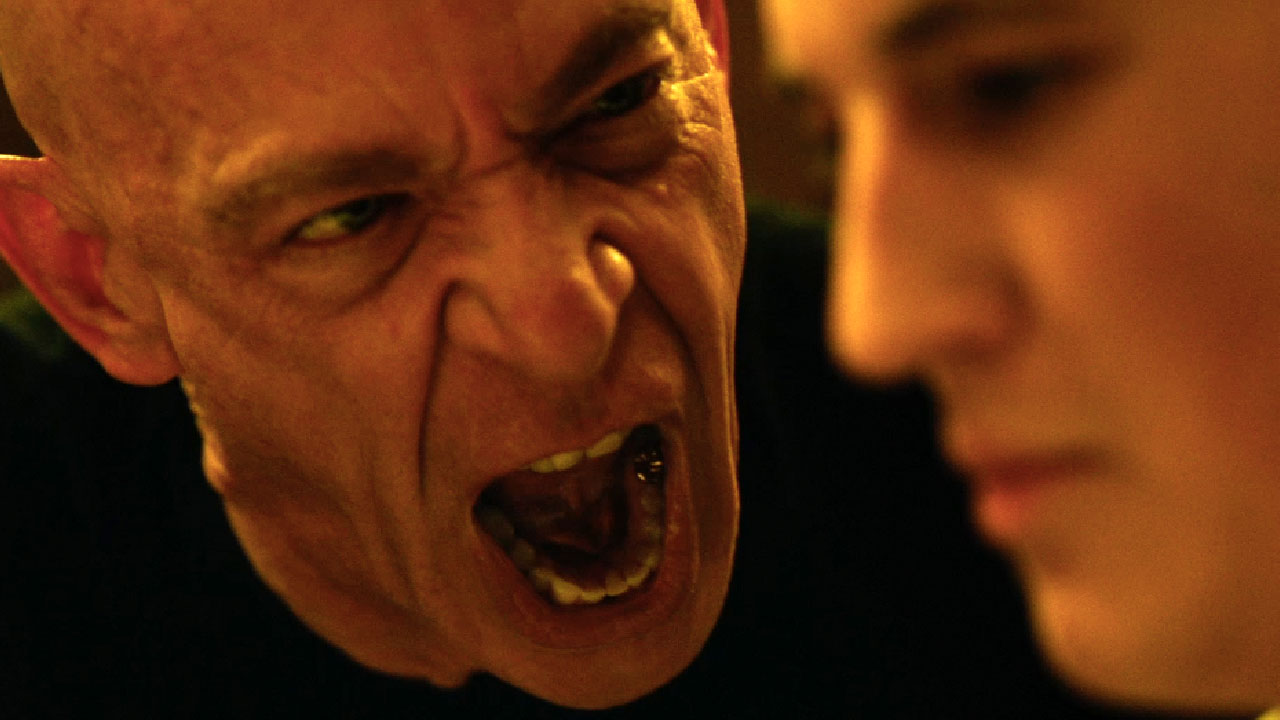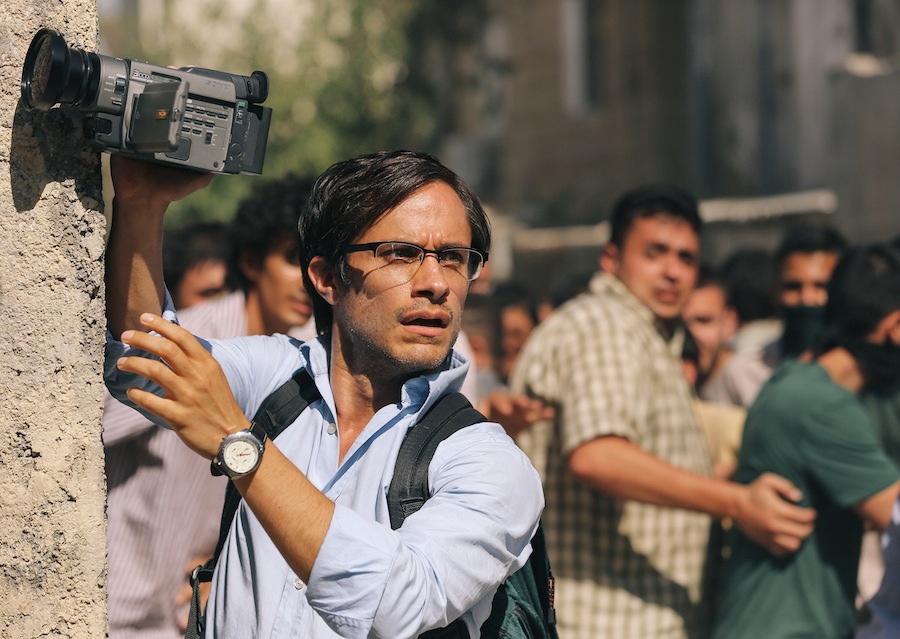The Hunger Games: Mockingjay – Part 1
by Hope Madden
What makes the Hunger Games franchise so much stronger than the rest of the adolescent lit series out there? Perhaps more than anything – more than a compelling hero’s quest, more than the peril and drama, more than director Francis Lawrence’s eye for action and sense of pacing – it’s that each new film expands the profound talent in this pool of actors.
The great Julianne Moore joins ranks that include 2-time Oscar nominee Woody Harrelson, consummate bad guy Donald Sutherland, genius character actors Jeffrey Wright, Jena Malone, Elizabeth Banks and Stanley Tucci, and the greatest actor of his generation, Philip Seymour Hoffman. And who can forget the lead – a performer with an Oscar and two additional nominations under her belt at the ripe old age of 24? Let’s be honest, these humans could elevate any script that fell into their collective grasp. They could make a decent film out of Fifty Shades of Grey, for God’s sake.
Lucky for us, instead they collaborate on the third of four episodes in the program, The Hunger Games: Mockingjay – Part 1.
Reluctant hero Katniss, having destroyed the games and been rescued by rebel forces, agrees to be the face of the rebellion in return for the rescue of her beloved friend Peeta (Josh Hutcherson).
Gone is the Battle Royale nightmare and excitement of the games themselves, replaced with the broiling drama of a budding revolution. Gone, too, are the writers that mined Suzanne Collins’s novel Catching Fire for its underlying political maneuverings. They are replaced by Collins herself, who adapts her novel, as well as Peter Craig (The Town) and Danny Strong (The Butler). Their treatment lacks much of the excitement of earlier installments, spending more time with the brooding, dramatic Katniss than with the arrow-wielding badass.
They don’t write down to their audience, though, touching upon the helplessness and compromise of political manipulations, finding similarities between the behavior of the rebellion and that of the dread Capitol.
Credit Lawrence (the director) for keeping a quick pace though saddled with more exposition and fewer action sequences, more heavy drama and less bloodshed. But honestly, the magic of the film is in Stanley Tucci’s disingenuous TV interviews, in Moore’s subtle evolution, in Hoffman’s every bemused chuckle, and in Jennifer Lawrence’s ability to transform into a skulking, unlikeable, single minded teen who happens to carry a revolution on her shoulders.









